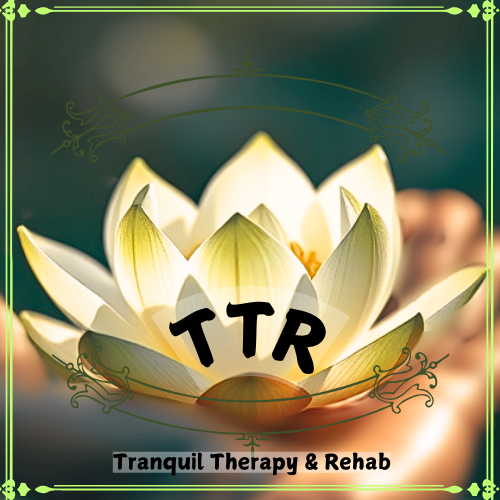
Anxiety is a common emotional experience that everyone goes through at some point in their lives. It’s your body’s natural response to stress or perceived danger, often manifesting as worry, nervousness, or fear about a situation or event. While occasional anxiety is normal, persistent or overwhelming anxiety can interfere with daily life and overall well-being.
What is Anxiety?
Anxiety is a feeling of unease, such as worry or fear, that can be mild or severe. It’s often associated with the anticipation of a future event, whether real or imagined. While anxiety can be a helpful response to stress—motivating you to prepare or take action—when it becomes excessive or chronic, it can lead to significant distress and dysfunction.
Common Symptoms of Anxiety
- Physical Symptoms: Increased heart rate, sweating, trembling, dizziness, and shortness of breath.
- Emotional Symptoms: Persistent worry, feelings of dread, irritability, and restlessness.
- Cognitive Symptoms: Difficulty concentrating, racing thoughts, and an overwhelming sense of impending doom.
- Behavioral Symptoms: Avoidance of situations that trigger anxiety, difficulty making decisions, and withdrawing from social interactions.
Types of Anxiety Disorders
Anxiety can take many forms, each with its own set of characteristics:
- Generalized Anxiety Disorder (GAD): Persistent and excessive worry about various aspects of life, such as work, health, or finances, often without a specific cause.
- Panic Disorder: Recurrent, unexpected panic attacks—intense periods of fear that come on suddenly, often accompanied by physical symptoms like heart palpitations or shortness of breath.
- Social Anxiety Disorder: Intense fear of social situations where one might be judged, embarrassed, or humiliated.
- Phobias: An intense, irrational fear of a specific object, situation, or activity, such as heights, flying, or animals.
- Obsessive-Compulsive Disorder (OCD): Unwanted, intrusive thoughts (obsessions) and repetitive behaviors (compulsions) performed to alleviate anxiety.
- Post-Traumatic Stress Disorder (PTSD): Anxiety triggered by a traumatic event, leading to flashbacks, nightmares, and severe emotional distress.
Causes of Anxiety
Anxiety disorders can result from a combination of genetic, environmental, and psychological factors, including:
- Genetics: A family history of anxiety can increase your likelihood of developing an anxiety disorder.
- Brain Chemistry: Imbalances in brain chemicals that regulate mood and behavior can contribute to anxiety.
- Personality: Certain personality traits, such as being more sensitive to stress or having a tendency toward negative thinking, can make someone more prone to anxiety.
- Environmental Stressors: Stressful or traumatic life events, such as the loss of a loved one, financial problems, or a significant life change, can trigger anxiety.
Managing Anxiety
If anxiety is affecting your quality of life, there are several strategies and treatments that can help:
-
Seek Professional Help: Talking to a mental health professional, such as a therapist or counselor, can provide you with tools to manage anxiety. Cognitive-behavioral therapy (CBT) is particularly effective in treating anxiety disorders.
-
Medication: In some cases, medications like antidepressants or anti-anxiety drugs may be prescribed to help manage symptoms.
-
Mindfulness and Relaxation Techniques: Practices like meditation, deep breathing exercises, and yoga can help calm your mind and reduce anxiety.
-
Lifestyle Changes: Regular physical activity, a healthy diet, and adequate sleep can have a positive impact on your overall mental health.
-
Stay Connected: Don’t isolate yourself. Talking to friends or family about what you’re going through can provide emotional support and reduce feelings of loneliness.
-
Limit Caffeine and Alcohol: Both can exacerbate anxiety symptoms, so it’s best to consume them in moderation or avoid them altogether.
Breaking the Cycle
Living with anxiety can feel overwhelming, but it’s important to remember that you’re not alone, and there are effective ways to manage it. The first step is recognizing when anxiety is becoming a problem and reaching out for help. With the right support and strategies, it’s possible to regain control and live a fulfilling life.
